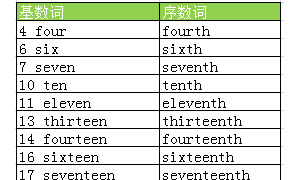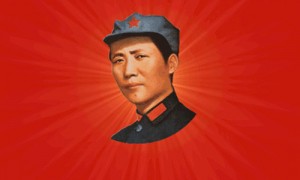Slower economic growth has made overproduction in China's steel industry an burdening problem. Premier Li Keqiang has called for greater efforts to deal with it. Wuhan Iron and Steel is one of the country's biggest iron producers, and one of the world's 500 biggest firms. Our reporter Xia Ruixue went to see how it was cutting its production levels.
48-year-old Ma Chuang has been a crane operator for 31 years at Wuhan Iron & Steel Corporation, or what we call Wugang, one of the biggest steel producers in China. In October he was told he'd have to work elsewhere. Now he is an auxiliary police officer.
"I devoted almost all my life to this company. But you know the situation today. I’m not the only one who has been resettled," Ma said.
In December, a rumor spread on social media that Wugang was likely to eliminate about 11,000 jobs. The corporation denied the rumor.
"There have been no layoffs or pay cuts at all. The corporation just wants to optimize labor resources, reduce human resource costs and enhance labor productivity. We still give workers like Ma Chuang a basic salary and social security. They just work somewhere else," Sun Jin, Director of Communications of Wuhan Iron & Steel Corporation, said.
It’s a “deep cold winter” for the world’s biggest steel industry. Too much steel has been produced. As demand shrinks and the glut grows, prices have fallen. 380-kilometers of railway in Wugang’s 21-square-kilometer iron factory are no longer busy carrying piles of steel. many production lines have closed.
It’s now time to change. Last month the State Council announced plans to cut 100 million tons of steel production capacity in the next five years. 150 million tons will be left.
No new steel projects will be licensed, outdated plants will be closed, and "zombie" companies, which have stopped producing steel but have not formally shut down, eradicated.
"Steelmakers urgently need to reduce overcapacity, as Premier Li Keqiang has pledged, with the determination of brave warriors. It requires efforts to strengthen steel-making, to adopt advanced technologies and make higher quality steel," Ye Xueping with Hubei Academy of Social Sciences, said.
But it’s hard to start. The problems of defining the “zombie” mills and introducing a market exit mechanism remain unsolved. And the biggest difficulty is the resettlement of redundant workers.
The government says half a milliojn workers in the steel sector are expected to lose their jobs as part of the efforts to cut the overcapacity.
The central government will provide 100 billion yuan for retraining and to help them find new jobs.







